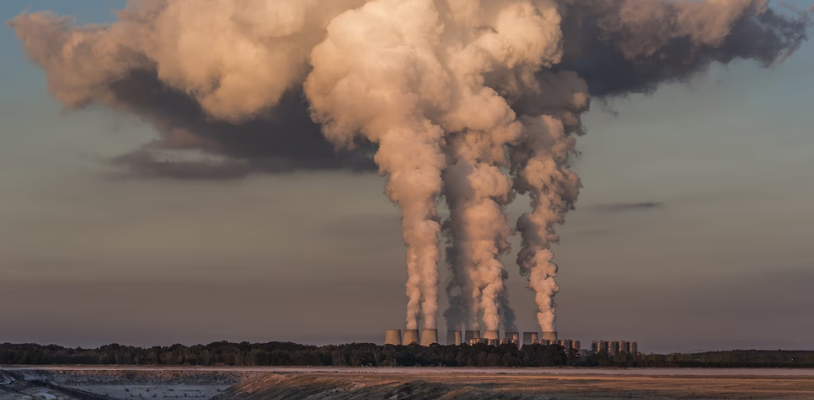
Pollution Control Solutions for Refuse-Derived Fuel (RDF) and Municipal Solid Waste (MSW) Fired Boilers
The reduction of the amount of pollution produced by boilers that use energy derived from the refuse (RDF) or municipal solid waste (MSW) is an important problem in the current context. They help convert waste into energy, but they release pollutants that harm the environment in the absence of proper management. To combat this issue, effective pollution control methods are required to ensure that the surroundings remain secure and free of pollutants.
Understanding the consequences of the pollution caused through RDF and MSW Boilers
RDF and MSW-fired boilers make use of scrap/waste materials to produce energy and heat. While this is a fantastic way to reduce waste in landfills and also to recover energy, the process can create pollutants in the atmosphere. Common pollutants comprise particulate matter (SPM), sulfur dioxide (SO2) & nitrogen oxides (NOx) as well as the heavy metals. These pollutants could impact the health of people and may cause environmental problems like acid rain and pollution from smog.
This is the reason it is essential to use methods to limit air pollution to stop or reduce harmful emissions before they reach the atmosphere.
Key Pollution Control Techniques
There is a wide range of techniques available to help reduce the pollution generated from RDF and MSW boilers. This includes:
1. Electrostatic Precipitators (Dry & Wet) - These devices make use of electric charge to remove tiny particles from the gases. This is extremely efficient in the control of particles.
2. Baghouse filter: These are enormous fabric filters that hold particles and dirt when gas is flowing through.
3. Wet Scrubbers / Reactors are used to remove acidic gases like SO2 by neutralizing their chemistry by using chemical compounds like sodium bicarbonate and lime.
4. Selective Catalytic Reduction (SCR)- This technique reduces the amount of nitrogen oxides injecting urea or ammonia into the gas that is released into it. The reaction occurs in the presence of a catalyst.
5. Method of Activated Carbon Injection is employed to eliminate heavy metals and dioxins by spraying activated carbon within the gas stream.
The Role of Air Pollution Control Systems in India
In India due to its growing sector of waste-to-energy and industry, the requirement for filters to reduce air pollution is essential. Numerous companies such as Enviropol, are focusing on developing and offering systems that adhere to strict standards for pollution.
Government has set standards for the emission produced by RDF and MSW boilers, making the utilization in air pollution prevention systems mandatory. This is an attempt to promote the use of advanced technologies to cut down on pollution and protect the health of people.
Challenges and Solutions
One problem in fighting against environmental pollution variation is the waste composition. MSW comprises many different materials and may result in different variations in the emission. This is why it is essential to use flexible and reliable control systems.
Another issue is the cost and maintenance of the system. The investment in high-quality pollution control equipment can cost a lot at first, but it could save money and lives in the long run by reducing health risks and environmental harm.
Enviropol works with its customers to design customized environmental control solutions that can be adapted to specific kinds of boilers and the characteristics of waste. The systems that they provide are made to be durable, easy to maintain, and conform with environmental regulations.
Conclusion
Controlling pollution for RDF and MSW boilers that are fired is essential to better air quality and a healthier living environment. Utilizing the latest air pollution control techniques industry can drastically decrease harmful emissions. Companies such as Enviropol can help by providing well-designed solutions that comply with the pollution standards in India. As more waste-to-energy-related projects are developed and are implemented, the effective management of pollution remains a top priority to ensure sustainable growth as well as security for the environment.
